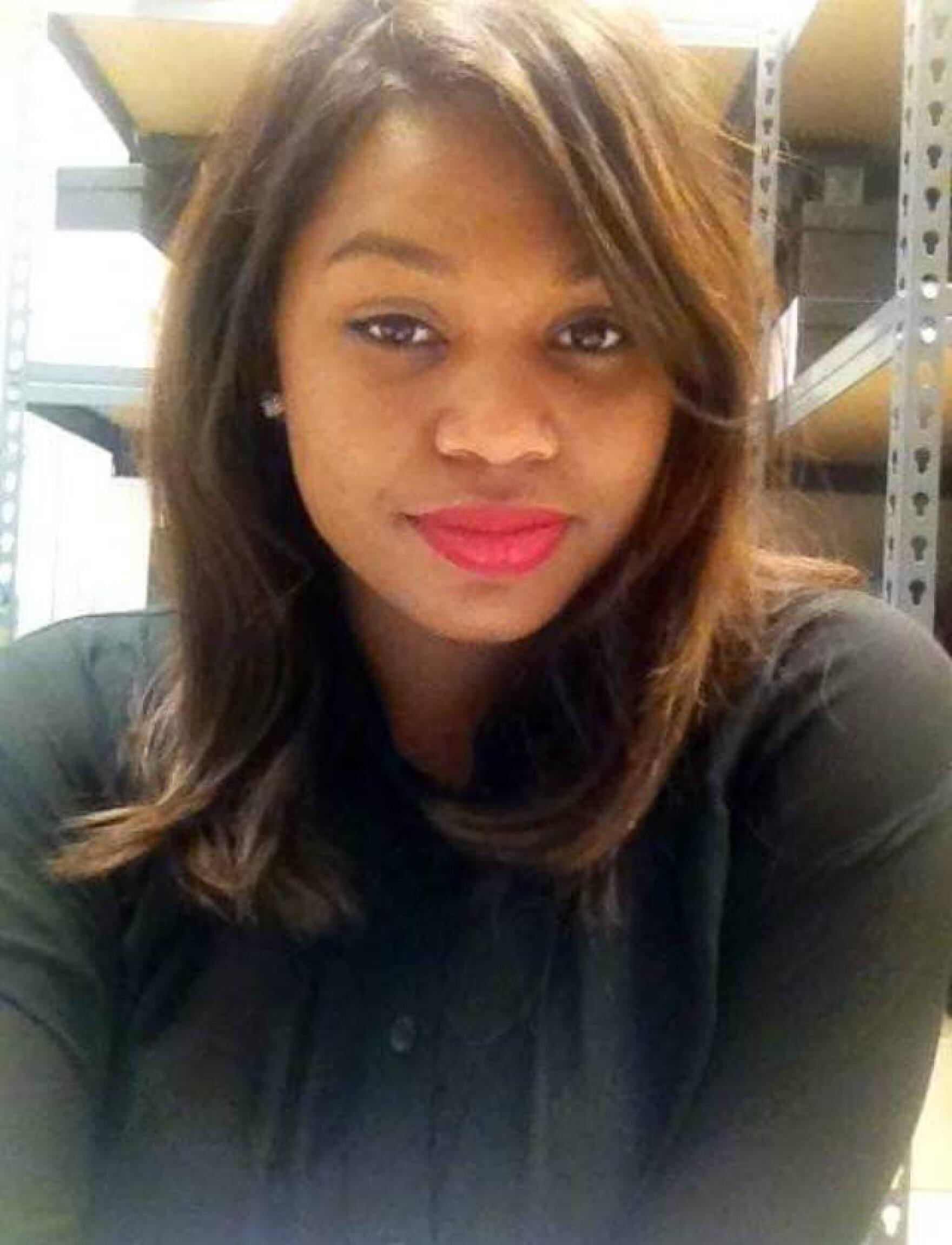22-year-old Takeiya Smith is a student at West Virginia State University, a historically black institution of higher education. Takeiya says over the past few years, as racial tensions have become more visible across the country, she’s become more vocal about the importance of racial justice, but she didn’t always like to speak up.
While she was in middle and high school in Putnam county, Takeiya says she did experience racism, but she mostly kept quiet because she didn’t want to cause any trouble. In this interview, she talks about some of her experiences.
Do You Identify as Appalachian?
Well I will say I’ve never used the term “Appalachian.” And I know that people do, and they identify that way, and it’s like that pride and being West Virginian.
I have such a weird relationship with West Virginia. It’s kind of like that toxic relationship you have with this boyfriend, but you love him like crazy, and you want to fix him. It’s like, do you leave because he’s not always the best, or do I stay and try to work on it? I look at it like being in a relationship.
Sometimes I love West Virginia. And sometimes it’s just not ok. Because there’s racism everywhere, there’s racial disparities all over the country. But I think you see some of the most dramatic racial disparities in West Virginia. I’ve lived in North Carolina and I’ve lived in Maryland, so I’ve had little moments of experiencing other states.
And it seem there is something worse going on racially here than other places that I’ve experienced.
I think if I was a leave because it’s broken kind of person, I wouldn’t be an organizer. One thing they say is when black people become successful they leave West Virginia. And it’s like they’re leaving cause they’re broken. Well if that keeps happening, it’s never going to get better.
The Struggle To Stay
I was dead set on leaving West Virginia until I started organizing here a year ago. My aunt, who lives out of state, she tells me to leave all the time. She says black people don’t do well in West Virginia.
Because when she grew up here, most black people weren’t doing well. Now she’s around other black people who are doing well.
I get moments where I am like, “I am not leaving.” Then I go somewhere else and I realize it’s not so bad. So to answer that simple question about the relationship: It’s complicated.
Is it Difficult to Get Your Hair Done?
Yeah it’s hard. In Charleston, there’s only one place. I’ll be out sometimes and I’ll see a black woman staring at me. And she’ll go, “Who did your hair?”
And with hair products, sometimes we pay more for them. Then sometimes we get thrifty, we shop online. We say, we’re not paying $30 for this hairspray we need.
Black Girl Magic
Black girl magic is… taking it upon ourselves to say we are awesome too. We have started a trend in loving and accepting ourselves in our blackness. And it doesn’t have to be in a whitewashed image.
Do You Feel Hope?
I just want to be clear, there’s a movement going on in West Virginia with racial equality and with young people. Young people are often seen as apathetic. We are not apathetic. We care. And oftentimes we are silenced.
Hope was a really big part of my initial experience with organizing. I met all of these people who were working on things and they were really motivating me, and I thought, change is possible. Then when I met with resistance, that’s when hope started dying down. I noticed how people would push back.
I have not been organizing long enough to where I am no longer shocked to people’s resistance to do the right thing. I went through a low point when it came to hope. Hope is meeting other people who care. Hope doesn’t equal perfection, and it doesn’t even guarantee a win. You can fail. But you need hope to be able to attempt it. For me, it’s other young people who say, “F–k that, we are not ok with it. And we’re gonna do something about it.”




















